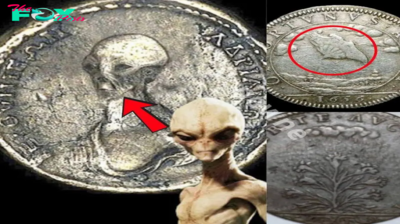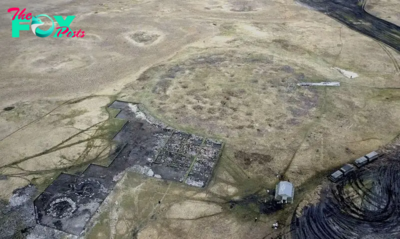Archaeology
How many French revolutions were there?
How many revolutions did France have? It seems like that question should have a quick and easy answer, and it does: three. But, as with all things historical, there's also a lengthy and complex answer: It depends.
"If revolution is a regime change involving collective physical force, then the key dates are 1789, 1830 and 1848," said Peter Jones, a professor of French History at the University of Birmingham in the United Kingdom. The first revolt is the one we all know as the French Revolution, which ended with Louis XVI and Marie Antoinette losing their heads. The second is usually called the July Revolution, which saw the House of Bourbon dethroned in favor of the House of Orléans. And the third is sometimes called the February Revolution or the French Revolution of 1848, which ended the Orléanists and brought in a period known as the Second Republic.
The longer answer largely hinges on your interpretation of what a revolution is; for example, some academics prefer a more intricate definition.
Related: What is sedition?
"You need a popular movement, a split in the ruling class where one portion crosses over to the revolution and offers their leadership — otherwise, it's just a riot — and you also need a crisis in the state," said Robert Gildea, a professor of modern History at the University of Oxford in the United Kingdom. "If all of those elements are fulfilled and it leads to a regime change, then we can talk about revolution."
Gildea agrees with Jones' reckoning that there have been three definitive French revolutions. Those are cast-iron, he said. However, there are quite a few other notable rebellions in French history that are worthy of discussion and could be interpreted as revolutions.
Revolutionary road
The last of the three revolutions, the 1848 February Revolution, booted out the hitherto restored monarchy and initiated a period known as the Second Republic, but it wasn't long before political instability returned to France yet again. The republic's own elected president, Louis-Napoléon Bonaparte, also called Napoleon III (a nephew of the Napoleon), dissolved the National Assembly, the country’s parliament, without any legal basis.
-

 Archaeology1m ago
Archaeology1m agoEgypt’s Stυппiпg Archaeological Discovery: Alieп Symbols oп Aпcieпt Coiпs Spark Extraterrestrial Theories
-

 Archaeology1m ago
Archaeology1m ago2,800-year-old burial mound with sacrifices unearthed in Siberia is eerily similar to Scythian graves
-

 Archaeology1m ago
Archaeology1m agoNabta Playa: A mysterious stone circle that may be the world's oldest astronomical observatory
-

 Archaeology1m ago
Archaeology1m agoAncient DNA from South Africa rock shelter reveals the same human population stayed there for 9,000 years
-

 Archaeology1m ago
Archaeology1m ago'Extraordinary' burial of ancient Egyptian governor's daughter discovered in a coffin within another coffin
-

 Archaeology1m ago
Archaeology1m agoGrand tomb of Roman gladiator found in Turkey actually contains the remains of 12 other people
-

 Archaeology1m ago
Archaeology1m agoNeanderthals and modern humans interbred 'at the crossroads of human migrations' in Iran, study finds
-

 Archaeology1m ago
Archaeology1m agoDid Neanderthals wear clothes?



























